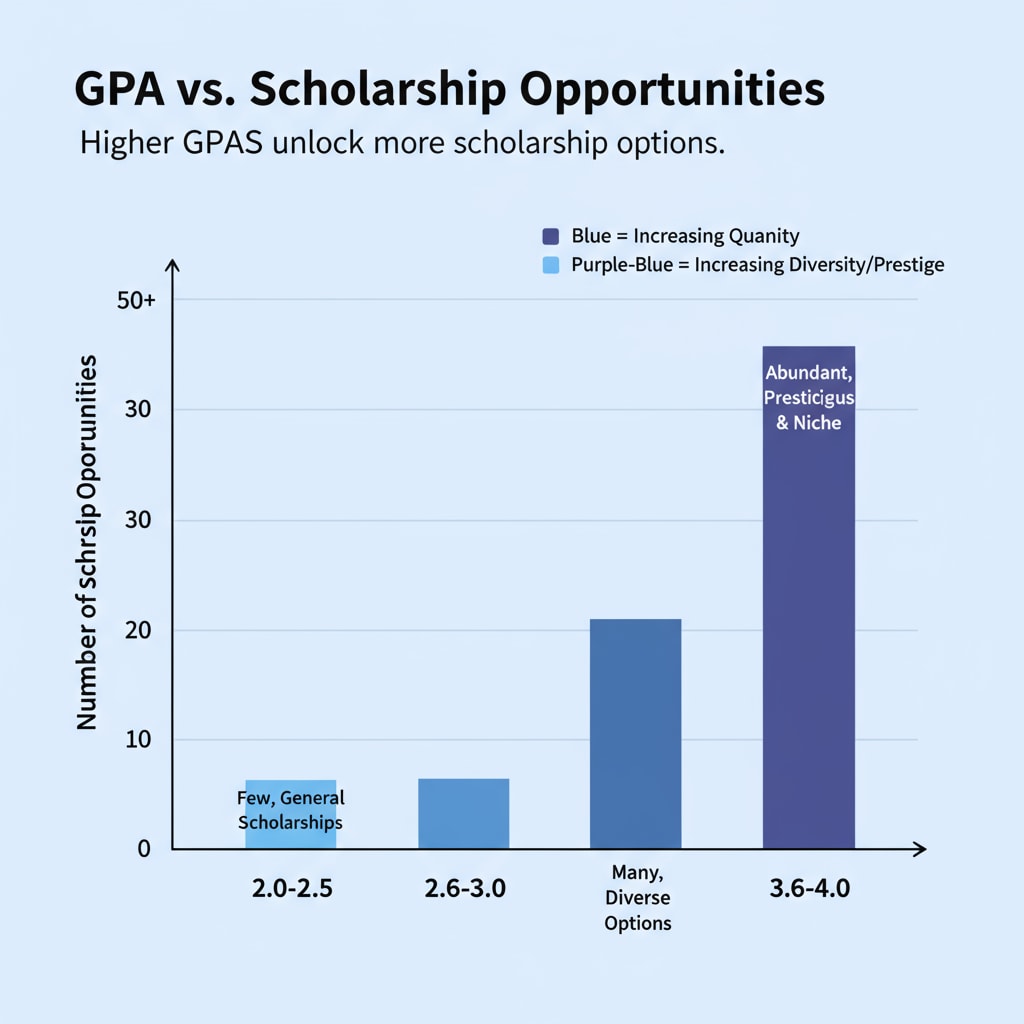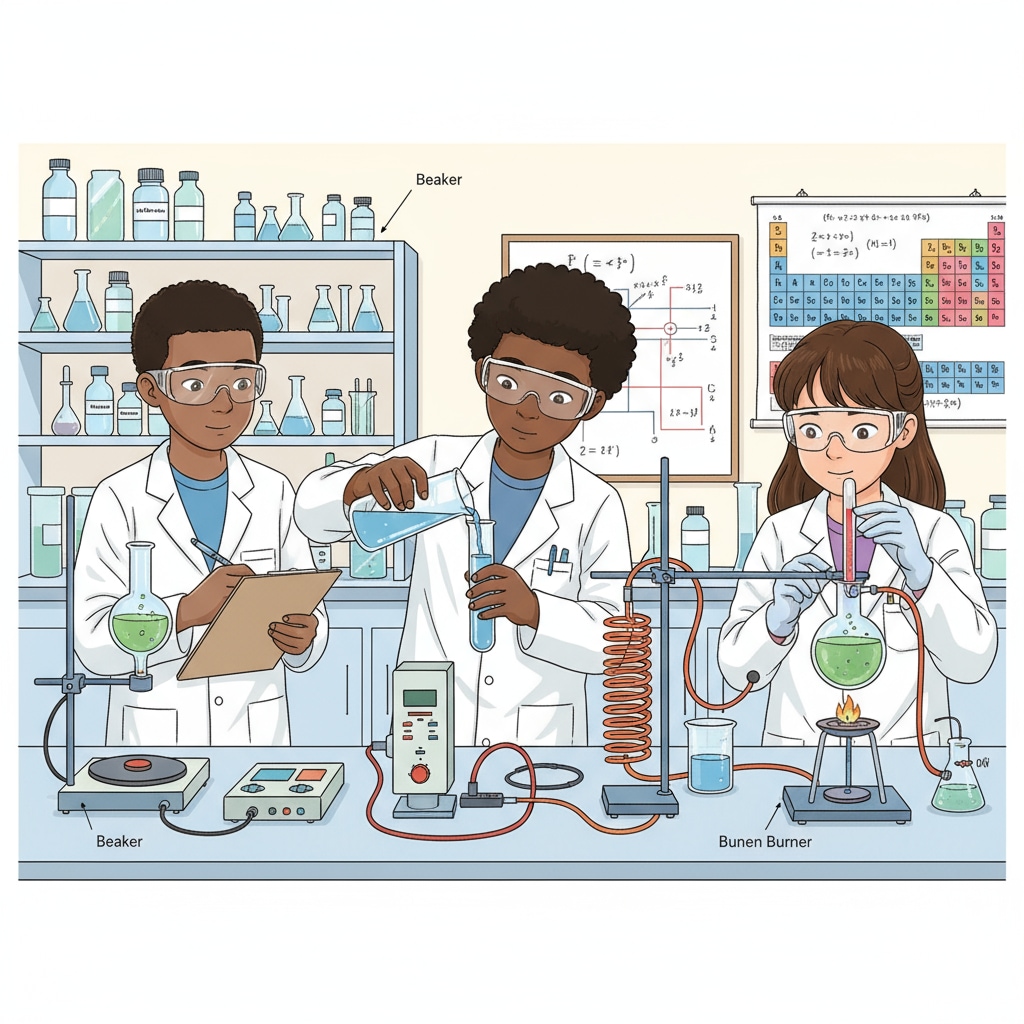In the competitive landscape of scholarship applications for K12 students, the question of GPA, scholarships, technical skills, and priorities looms large. Students often find themselves at a crossroads, wondering which aspect holds more weight. Let’s explore this intricate balance.
The Significance of GPA in Scholarship Applications
GPA, or Grade Point Average, is a numerical representation of a student’s academic performance. It serves as a primary indicator of a student’s dedication to their studies. Many scholarship providers view a high GPA as a sign of intelligence, discipline, and the ability to succeed in an academic environment. For example, merit-based scholarships typically require a minimum GPA threshold, often around 3.5 or higher. This is because they aim to reward students who have excelled in their coursework. According to College Board, a strong GPA can open doors to a wide range of scholarship opportunities.

The Role of Technical Skills in Scholarship Consideration
Technical skills, on the other hand, are the practical abilities that students acquire through hands-on experiences. These can include skills like coding, scientific experimentation, or artistic craftsmanship. In today’s rapidly evolving world, scholarship committees are increasingly recognizing the value of technical skills. For instance, scholarships in the fields of science, technology, engineering, and mathematics (STEM) often look for students with strong technical proficiencies. Students who can demonstrate real-world applications of their skills have an edge. As stated by National Science Foundation, practical skills are crucial for students aiming for advanced studies in these fields.

So, how can students strike the right balance between GPA and technical skills? Firstly, it’s important to set clear goals. Determine the type of scholarships you’re interested in and what they prioritize. If it’s a scholarship for academic excellence, focus on maintaining a high GPA while also finding ways to incorporate relevant technical projects into your curriculum. If it’s a skill-based scholarship, prioritize developing your technical skills while still keeping up with your academic requirements.
In addition, time management is key. Allocate specific time slots for studying to boost your GPA and for practicing and enhancing your technical skills. This way, you can ensure that neither aspect is neglected. Another strategy is to seek out opportunities that allow you to combine both. For example, participating in research projects or internships that require academic knowledge as well as technical expertise.
Readability guidance: By understanding the relative importance of GPA and technical skills and implementing these strategies, students can better position themselves in the scholarship application process. Remember, it’s not about choosing one over the other but finding the perfect equilibrium.


